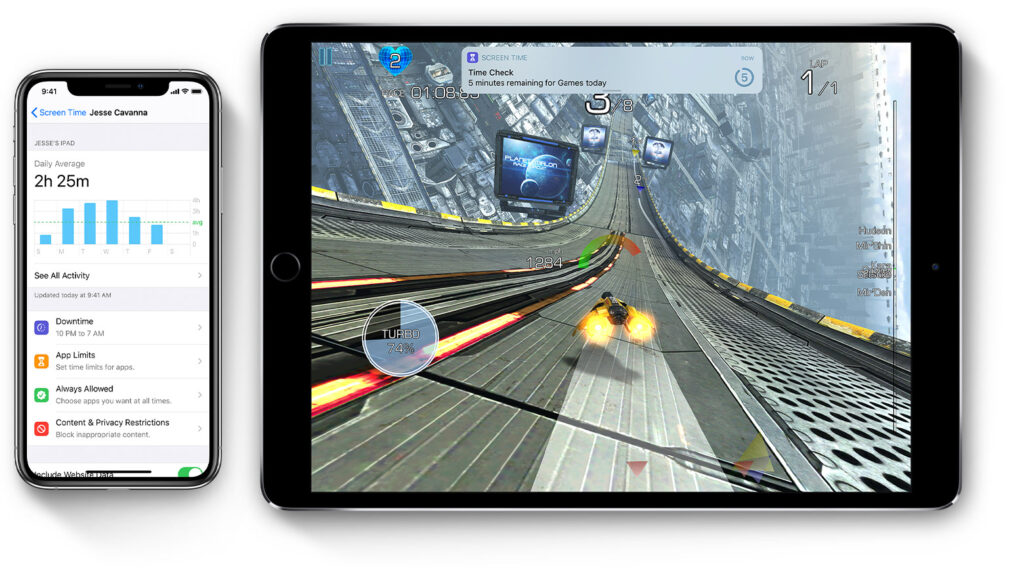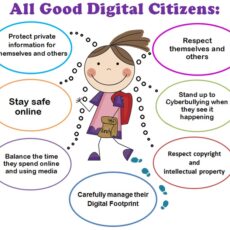
Reducing screen time with the screen time app is essential for parents. It lets you know how much time you and your kids spend on apps, websites and more. This way, you can make more informed decisions about how you use your devices and set limits if you’d like to. With this app, you can view their screen time report and set limits, and manage a child’s device.
Reduce addiction with the Screen Time app
Using our phones more mindfully requires a combination of willpower and technology.
If you find this difficult, help is on the way. For the last week, I’ve been using Screen Time, one of the features in Apple’s mobile operating system. The software gives you valuable information about how much you are using your phone and you may be surprised! It can even block you from using apps that you deem unhealthy. I found Screen Time very well designed, and I suspect it will profoundly change how we use our phones.
Unfortunately, we need this change now. At present, for many of our young people, the sense of being alone in crowds is getting worse…
I have questioned the more candid Millennials about their screen time use. All seem to have perfected the effortless ability to live their entire lives without looking up from their phones. They reported spending about ten percent of their screen time on practical matters. Things such as texting to gossip, arrange meetings, declining voice calls, using Tinder, and similar. Probably not surprisingly, ninety percent of their time alternated between the same four apps: Instagram, Snapchat, Twitter, and Facebook.
Ironically, kids that use the internet most do not have the patience to learn the skills needed to invent it.
These days, packed high school cafeterias are eerily quiet. Young lovers on campus hold hands with one hand and look at their respective phones with the other.
Irresistible, for them, somehow, I suppose, but far from healthy. Would they install this app? As a parent I would be pushing for it – as accountability of how their time is spent.
In addition to helping us resist phones, the tech industry will needs other, less immersive ways to interact with digital world. Three technologies may help with this. Voice assistants, with Amazon’s Alexa and Google Assistant being the best, and Apple’s two innovations, AirPods and the Apple Watch.
All of these technologies share a common idea. Without big screens, they are far less immersive than a phone, allowing for quick digital hits. You can buy a movie ticket, add a task to a to-do list, or ask about the weather without going anywhere near screen.
These are all works in progress. Voice assistants still cannot do everything for you, though Google and Amazon have thousands of engineers working to improve them. AirPods are fantastic — they have fewer connection issues than any other wireless headphones. And after years of refinement, the Apple Watch shows you just enough stuff from your phone to make it useful without becoming overbearing.
If Apple could only improve Siri, its own voice assistant, the Watch and AirPods could combine to make something new. A mobile computer that is not tied to a huge screen, that lets you get stuff done on the go without the danger of being sucked in. Imagine if, instead of tapping endlessly on apps, you could just tell your AirPods, “Make me dinner reservations at 7” or “Check with my wife’s calendar to see when we can have a date night this week.”




